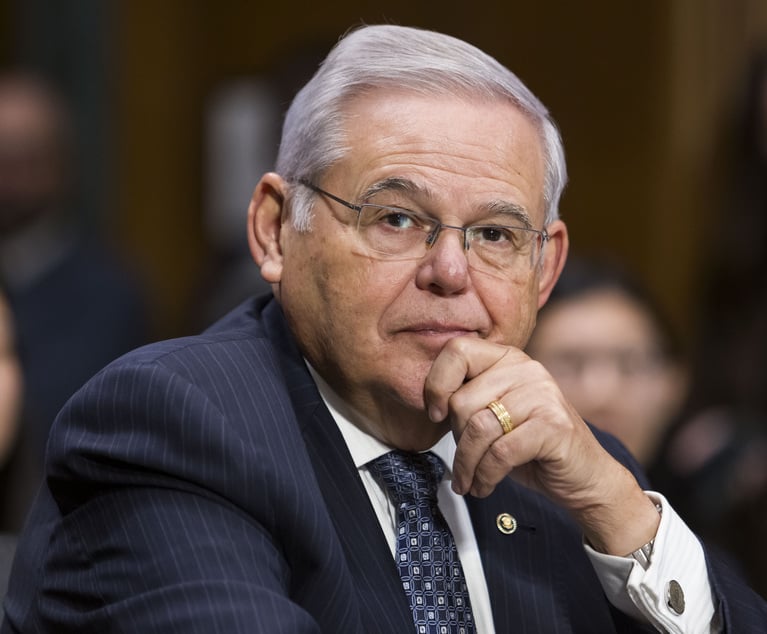The U.S. Supreme Court recently rejected a challenge under Section 7 of the National Labor Relations Act, 29 U.S.C. §§151, 157, to the enforceability of class and collective action waivers in arbitration agreements in Epic Systems Corp. v. Lewis, 138 S. Ct. 1612 (2018). A case pending in the Second Circuit, Jock v. Sterling Jewelers, 284 F. Supp. 3d 566 (S.D.N.Y. 2018), appeal docketed, No. 18-153 (2d Cir. Jan. 18, 2018), will address a related question: the validity of an arbitrator’s certification of a class including members who did not affirmatively opt in to the class.
In Jock, employees of Sterling Jewelers had signed virtually identical arbitration agreements (called the “RESOLVE” agreement or program) as a condition of employment. The agreements granted the arbitrator a number of substantive and procedural powers to oversee the resolution of employees’ claims against the company. After a number of female employees attempted to sue Sterling in a sex discrimination pay and promotion class action in district court (S.D.N.Y.), Sterling successfully moved to compel arbitration. Subsequently, the arbitrator issued a Class Determination Award that included more than 70,000 absent class members. Sterling challenged this determination by filing a motion to vacate the Class Determination Award in district court before Judge Rakoff.


 Samuel Estreicher and Holly H. Weiss
Samuel Estreicher and Holly H. Weiss




